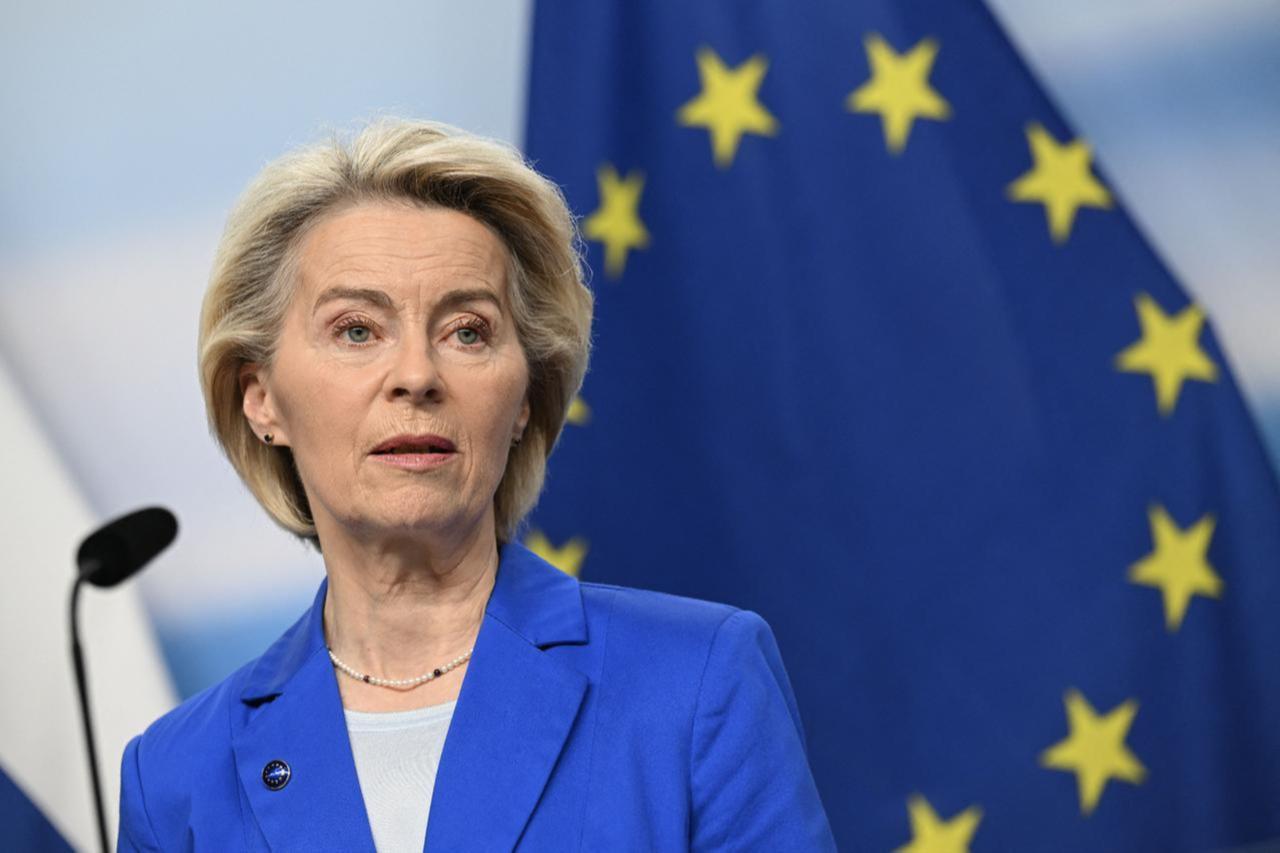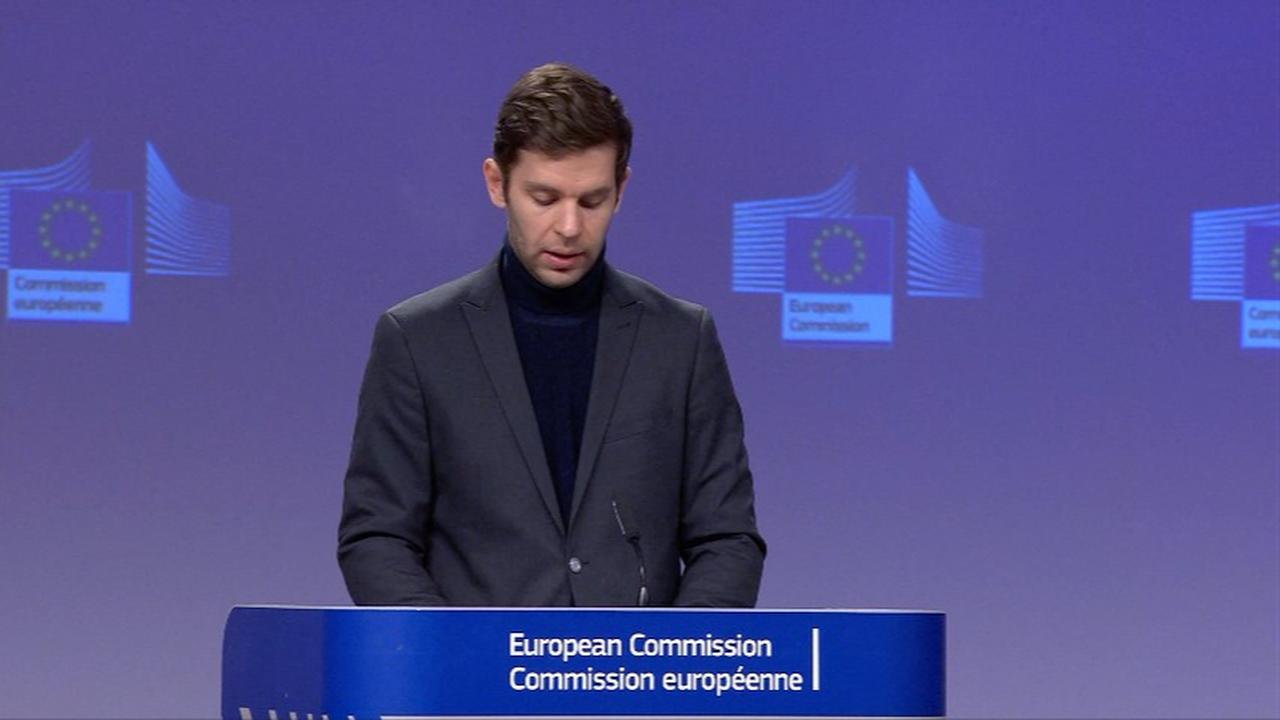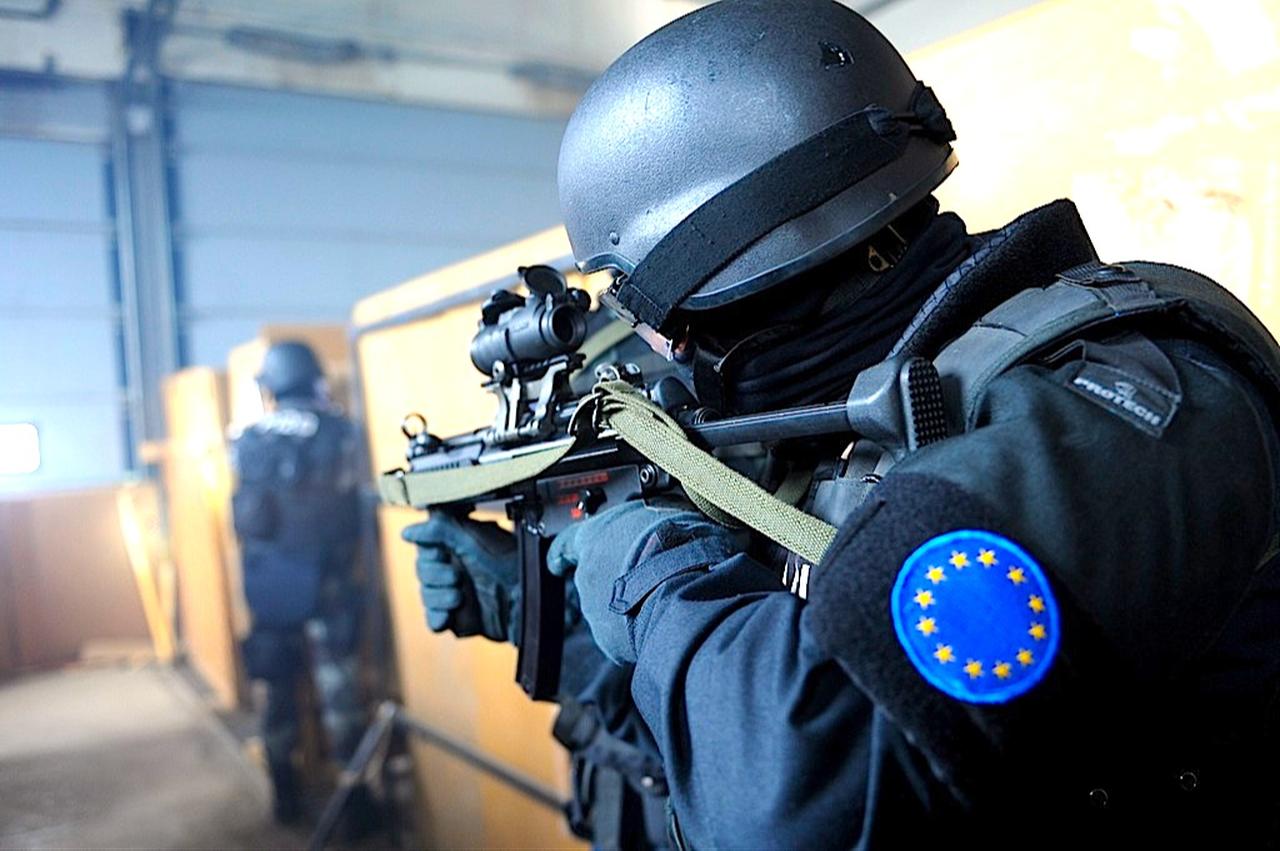
The European Commission is considering establishing a new intelligence unit to reinforce its internal security and analytical capacities, officials confirmed earlier this week.
The bloc’s commission spokesperson Balazs Ujvari said discussions are still in the early stages but stressed that the move reflects the increasingly complex global environment facing the bloc.
“We are living in a challenging geopolitical and geoeconomic context, and the Commission is therefore exploring how it can strengthen its security and intelligence capabilities,” Ujvari noted during a press briefing in Brussels.
The initiative is seen as part of broader efforts to ensure that the EU’s executive arm can better anticipate and respond to cross-border threats, ranging from cyberattacks to hybrid warfare and disinformation campaigns.

According to commission officials, the proposed unit would likely operate within the General Secretariat, drawing upon existing expertise and working in close coordination with other EU bodies involved in security and crisis management.
While details remain under discussion, the envisioned structure would not rival national intelligence agencies but rather serve a complementary and coordinating function within the commission’s institutional framework.
Paula Pinho, the commission’s chief spokesperson, emphasized that the planned unit would be “very small,” underlining its support-oriented nature rather than operational scope.
Its main purpose would be to consolidate intelligence analysis, enhance internal situational awareness, and improve coordination among the Commission’s departments when handling sensitive security issues.

The prospective intelligence unit would complement the work of the commission’s existing Security Directorate, which currently oversees institutional protection, information security, and risk management.
Ujvari explained that the new structure would enhance this framework rather than duplicate it, allowing for better integration of threat analysis into the policymaking process.
The initiative is also expected to operate closely with the European External Action Service (EEAS), particularly with its security-related divisions.
This coordination could strengthen the EU’s capacity to align foreign policy responses with internal security assessments, a gap often criticized in the bloc’s handling of external crises.
The debate around the new intelligence capacity reflects a broader European push for greater “strategic autonomy”—the ability to act independently in matters of security and defense without overreliance on external partners.
As the geopolitical landscape becomes more volatile, Brussels appears increasingly aware that global competitiveness and resilience depend on better-informed, timely decision-making supported by its own intelligence assessments.
Though the plan remains in a formative stage, it signals a recognition that traditional bureaucratic tools may no longer suffice for a continent navigating multiple crises—from Russia’s war in Ukraine and instability in the Middle East to energy disruptions and foreign interference.
For the European Commission, strengthening internal intelligence coordination could become a modest but significant step toward a more agile and secure European Union.